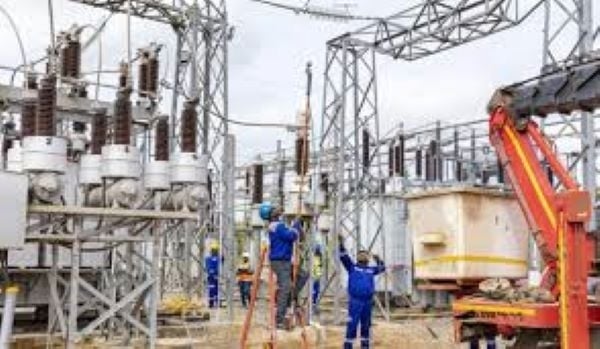Ghana’s energy sector, despite showing recent signs of improvement, continues to pose a substantial fiscal risk to the nation’s economy. This risk stems from a complex interplay of factors, including legacy debts, operational inefficiencies, and a history of inadequate financial transparency. The current administration, recognizing the gravity of the situation, has embarked on a series of targeted reforms aimed at mitigating these risks and ultimately achieving a fiscally sustainable energy sector. These reforms are crucial not only for the energy sector itself but also for the overall health of the Ghanaian economy and the success of the ongoing IMF program.
One of the primary challenges in the energy sector has been the accumulation of arrears owed to Independent Power Producers (IPPs). This build-up of debt has been a chronic issue, hindering investment, disrupting power supply, and exacerbating the sector’s financial woes. To address this, the government is implementing the Cash Waterfall Mechanism (CWM). This mechanism aims to ensure timely and equitable payments to IPPs based on pre-agreed guidelines. By establishing a predictable payment structure, the CWM is expected to improve liquidity flow within the sector, reduce the accumulation of new arrears, and foster greater confidence among investors. This systematic approach to debt management is crucial for stabilizing the sector and attracting future investments needed for expansion and modernization.
Complementing the CWM is the operationalization of a single account mechanism. This centralized system aims to enhance transparency and oversight in the energy sector’s financial transactions. By channeling all revenues and expenditures through a single account, the government can gain a clearer picture of the sector’s financial health, identify areas of leakage or inefficiency, and ensure that funds are allocated appropriately. This enhanced transparency is not only vital for promoting accountability within the sector but also for building trust with international partners and investors. It signals a commitment to sound fiscal management and responsible governance.
The government’s commitment to these reforms reflects a broader recognition of the energy sector’s crucial role in Ghana’s economic development. A stable and efficient energy sector is essential for powering industries, supporting businesses, creating jobs, and ultimately improving the lives of ordinary citizens. Addressing the sector’s financial challenges is therefore not simply an economic imperative but a social one as well. It underpins the government’s efforts to achieve sustainable and inclusive growth.
The success of these reforms is intertwined with the success of the ongoing IMF program. The IMF program, designed to support Ghana’s economic recovery and enhance its macroeconomic stability, places a strong emphasis on fiscal discipline and structural reforms. The energy sector reforms, by addressing long-standing financial weaknesses and promoting transparency, are key components of this program. They demonstrate the government’s commitment to responsible fiscal management and its determination to create a more sustainable and resilient economy. This alignment with the IMF’s goals is crucial for securing continued support and maintaining investor confidence.
In conclusion, while the challenges in Ghana’s energy sector are significant, the government is taking decisive action to address them. The implementation of the Cash Waterfall Mechanism and the single account mechanism represents a crucial step towards greater financial stability, transparency, and accountability within the sector. These reforms, coupled with a broader commitment to sound fiscal management and efficient operations, are essential for mitigating fiscal risks, restoring investor confidence, and achieving the goals of the IMF program. Ultimately, the success of these efforts will contribute to a stronger, more resilient energy sector that can effectively support Ghana’s long-term economic development and improve the lives of its citizens.














